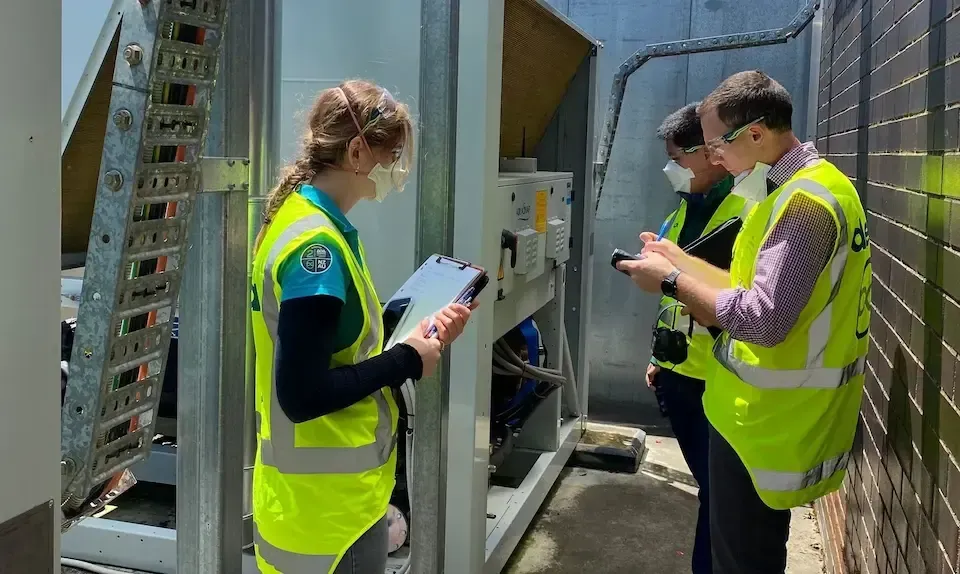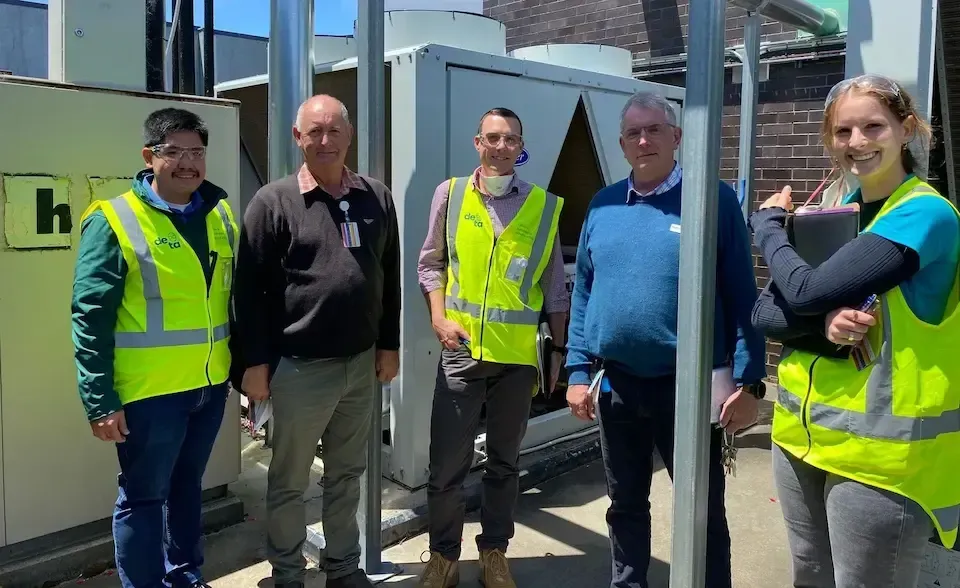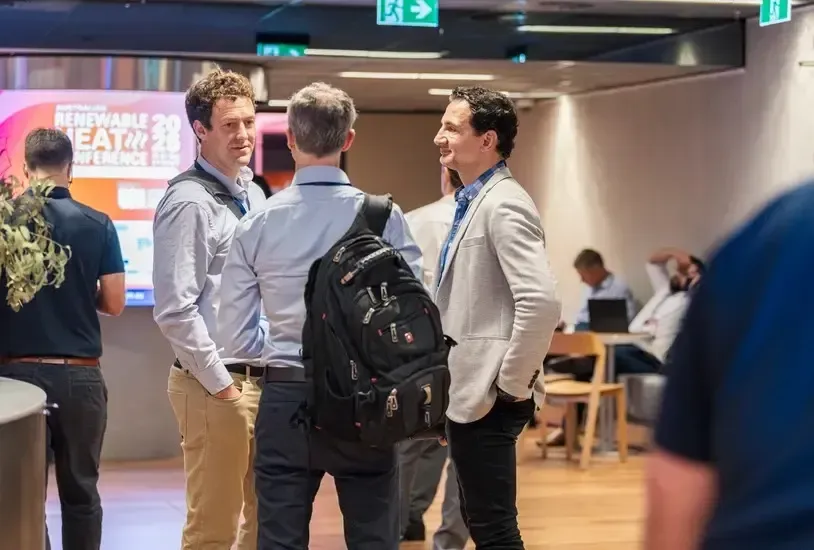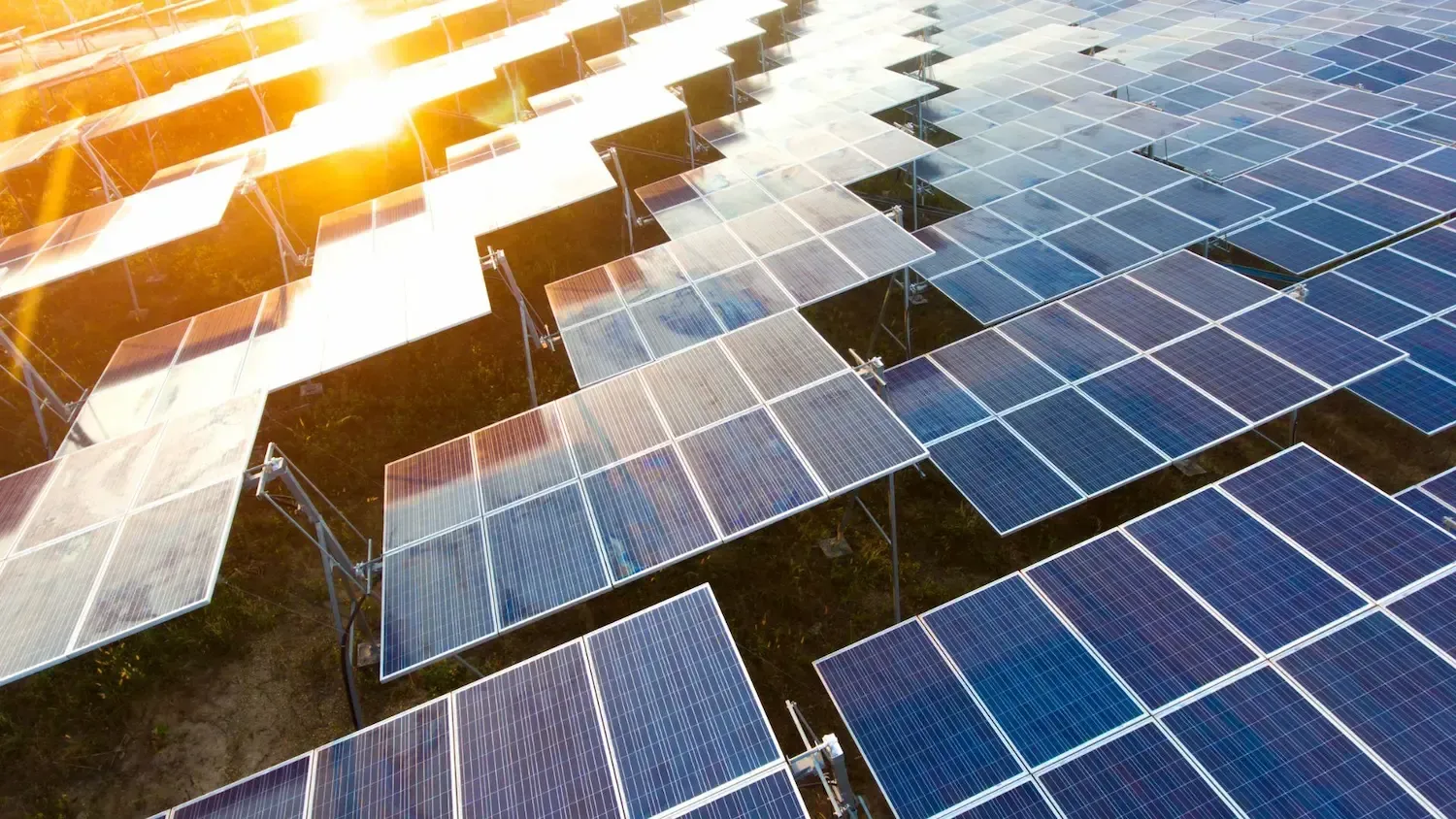Energy Audits for the Victorian Health Building Authority
Energy Audits for the VHBA - led by DETA
The Victorian Health Building Authority (VHBA) is responsible for planning and delivering the Victorian Government’s multibillion-dollar health infrastructure program. The VHBA is supporting the Victorian Government in their pledge to reduce annual emissions within government operations by an estimated 2.7 Mt CO2e by 2025 compared to 2018-19 levels. They are particularly interested in improving the energy efficiency of hospital buildings and their associated facilities such as clinics and accommodation blocks.
There is funding allocated for the Grampians region to conduct energy audits, implement energy savings opportunities and measure & verify these savings. To support this commitment, DETA were engaged to undertake type 2 Energy Audits with a focus on identifying Energy Management Opportunities (EMO’s) on seven Health Service Areas within the Grampians Region in Victoria. DETA undertook this task, auditing all 84 sites in just a few weeks.
DETA managed the audits by mobilising a team of auditing professionals, who were ready and able to identify a multitude of energy saving opportunities applicable to the healthcare facilities. Delivering Type 2 Energy Audits, reporting summaries were based on the Team’s visits to each of the facilities & analysis of associated data.

The process of aligning all 84 sites within an auditing window of a few weeks meant our Team were making multiple site visits per day, but with proper planning and support from the wider functions this complex project was pulled off with time to spare.
DETA’s audits process included:
- Collecting sites energy and utilities data for later analysis.
- A site visit to meet the stakeholders and inspect all high energy usage equipment, firsthand.
- Developing profiles of operation across the various systems / departments, comparing this against benchmarked data from other locations.
- Review of data, and site visit findings, to establish applicable EMO's. Ensuring these are bespoke to the site's requirements and priorities.
- Engaging with the supply chain to cost-up the opportunities and ensure appropriate selection of technology.
- Writing up the report to bring the findings, conclusions and recommendations together.

“This was a really rewarding project DETA has been involved with. Working with multiple facilities, across a wide geography, offered us the opportunity to understand a true cross-section of operations. This helped us in developing energy management opportunities that were going to work best at these sites.
It was a real pleasure to meet the key site personnel who were engaged in the process. Everybody seemed to understand what we were there to do and helped us make the most of our time at each facility. It was essential to get the inside track at each location, and everybody was happy to help us with this to maximise what could be achieved.” - Kris Lawry DETA Job Lead
The challenge for the VHBA was how to best spend their budget, DETA saw this as an opportunity to take an in-depth approach to identifying opportunities that hospitals weren’t currently doing. The DETA Team dealt with logistical challenges such as flight delays while auditing all of these sites within a matter of weeks, which made the project even more rewarding when it was completed on time and to budget.
The DETA team also became aware of the realities of rural Victoria, such as kangaroos on the roads, potential bush fires and, of course, taking advantage of the local culinary delights that the team found throughout the area.
DETA delivered seven Energy Audit Reports each containing an analysis of the EMO’s for these seven areas within the Grampians region (6-12 facilities per area) resulting in electricity and gas savings. This included a potential total abatement of 4,844 tCO2e, which is equivalent to 60,000 MEL to SYD one-way, single passenger flights.
The VHBA now has a pathway to implement the efficiency opportunities that DETA identified. This has been beneficial as it allows them to align with Victoria’s emission reduction goals.
By partnering with organisations like the VHBA to deliver critical reports addressing increased energy efficiencies and emission reductions, allows us and industry partners throughout Australasia to continue meeting the challenge of creating a net-zero future.






